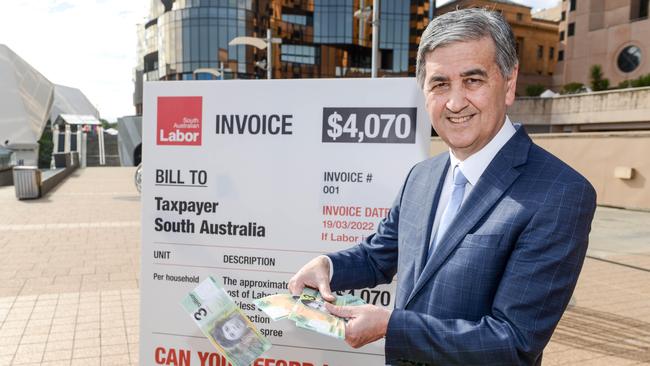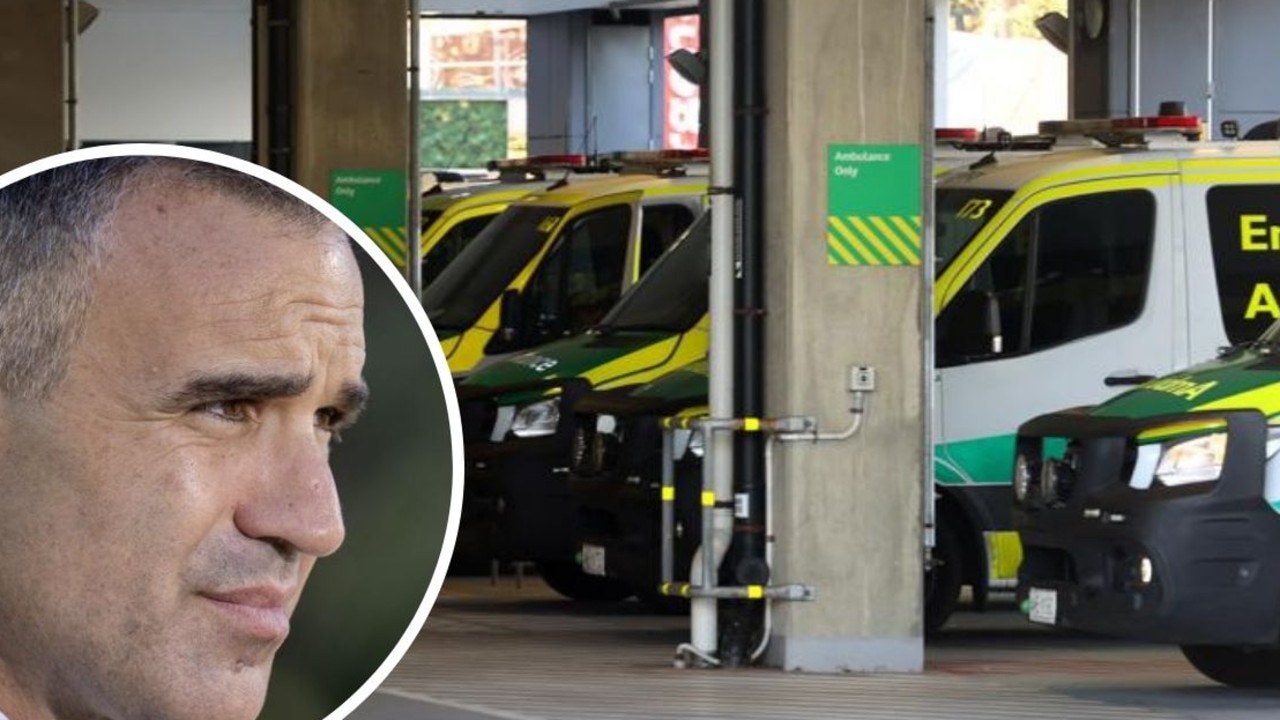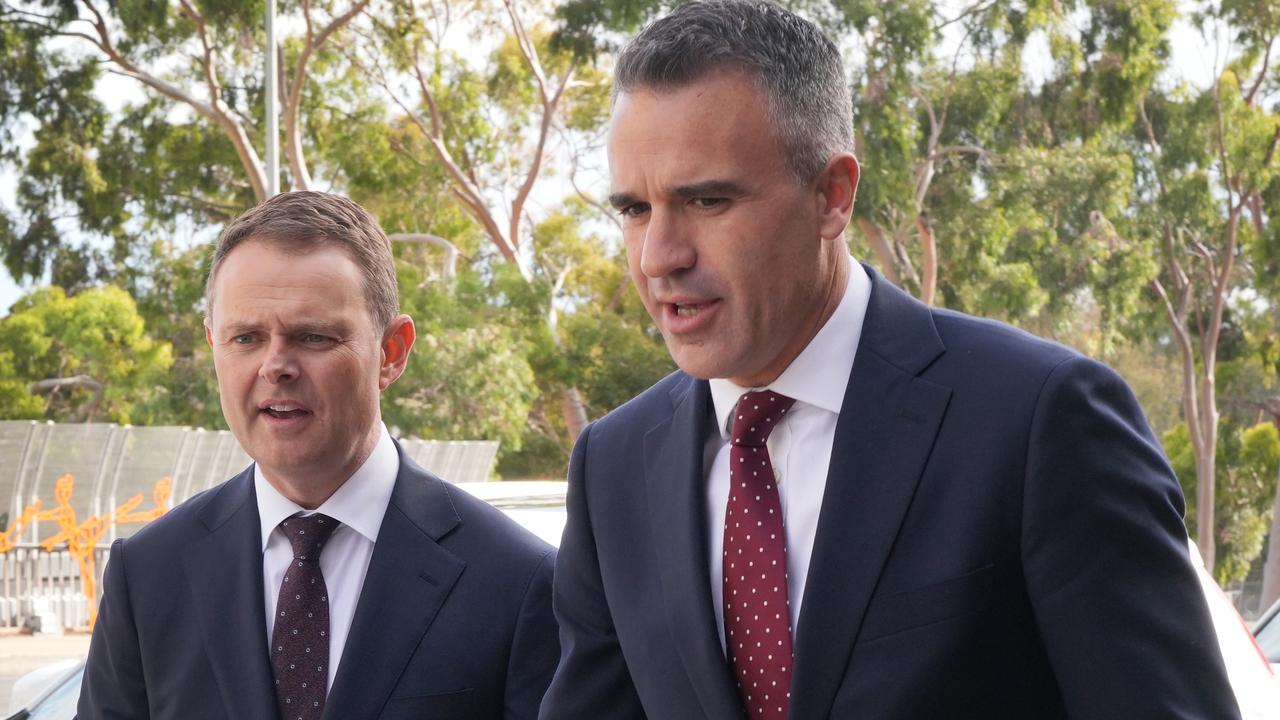Focus groups, health, and meet Mali – Labor’s professional campaign under the microscope
Focus groups, early meetings, simple strategies – Labor’s professional campaign outgunned the Liberals, backhanded by a new wave of Covid.
State Election
Don't miss out on the headlines from State Election. Followed categories will be added to My News.
THE path to Labor’s astonishing election victory started two years ago. Labor campaign director Reggie Martin started with a problem but decided there was a solution. The problem was not enough people knew who Labor leader Peter Malinauskas was.
The pandemic had naturally focused attention on Premier Steven Marshall, as well as chief public health officer Nicola Spurrier and Police Commissioner Grant Stevens. Malinauskas had commited his bipartisan support, which while admirable, did nothing to raise his profile.
“My view with him from the start was we just need people to get to know you (Malinauskas), and if they get to know you, they will like you, and if they like you, they’ll trust your policy platform,’’ Martin said.
“I think you’ve got to actually show them who you are and what you stand for and the values that you have...(then) they’re more likely to believe when you come out and you start talking about education.’’
But it wasn’t easy. A campaign called “Meet Pete” was started on platforms such as Instagram where people could ask Malinauskas questions and he would respond on video. The idea was to reach the young and those disengaged from politics.
There were small gains but it took longer than first thought. Twelve months became 18 but around October last year focus groups slowly started to recognise Malinauskas. They spoke well of him, but they also spoke highly of Premier Steven Marshall for his handling of the pandemic.
But more of a boost was needed. Which is where the idea for the ads that introduced Malinauskas to the broader population was born. The ad – “I’m a father of three, a weekend gardener, a pretty average footy player...’’ – was released on Australia Day saturated through TV, YouTube and Facebook.
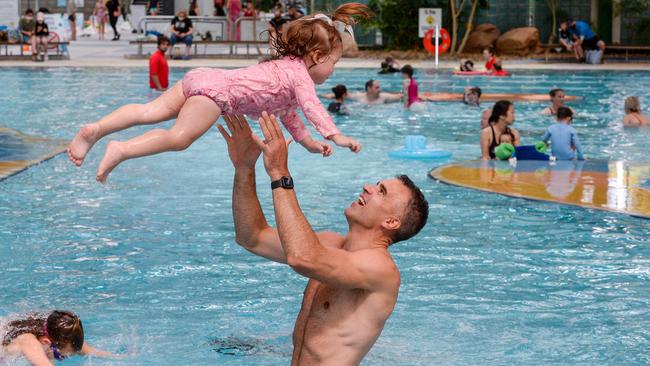
“When the ad hit, his recognition went through the roof,’’ a senior Labor figure said.
The promo was made by David Stocker of local agency Simple, which had never run a political campaign before, and Labor also hired Eloise Young, the former social media director for Victorian Premier Dan Andrews. “People would come up to him on the street and quoted the ad at him, ‘hey, you’re that average footballer’’’.
As Malinauskas was being introduced to the SA public, some Labor figures were starting to think it was possible that they could actually win the looming March 19 election. They sensed a change in the electorate after the state’s borders opened and a new wave of Covid arrived with the Omicron variant.
Suddenly, Covid management, which had been seen as such a strength of the government, was now possibly a weakness as case numbers piled up, people were waiting for hours for PCR tests and social restrictions were re-introduced.
In the focus groups, Martin said it was “really weird’’ because they “didn’t necessarily hate Marshall, they still thought he did a good job but they were disappointed that he hadn’t prepared’’.
“That was just a real level of frustration and that gave us an opportunity for them to start paying more attention to Peter as the alternative premier,’’ he said.
Which fed into something else Labor’s focus groups were telling them.
“Our focus groups for a long time were telling us what they were concerned about was health, health and health,’’ another Labor figure said. “That is why we could not understand why the Libs were doing nothing on health.’’
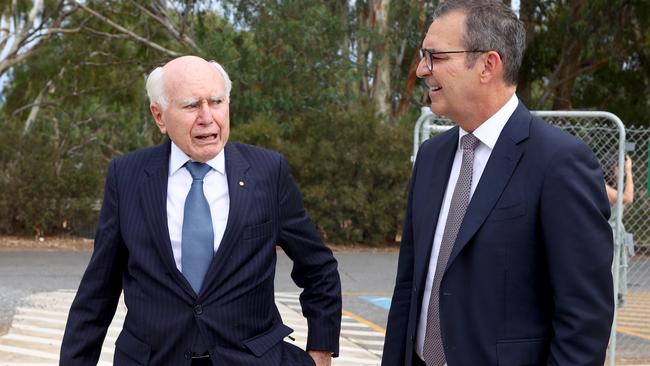
How the Liberal campaign was managed is now a matter of serious soul searching.
Some senior Liberals are demanding a swift and extensive review of a campaign they are branding chaotic, disorganised and lacking any strategy.
Former federal finance minister and SA Senator Nick Minchin is being touted, as is former federal party director Brian Loughnane.
Senior Liberals were warning of a bloodbath more than a year out from the election, when Fraser Ellis’s shock resignation from the party in February and crossbench defection plunged the government into minority.
Conservatives were stunned by Marshall pursuing social reforms, particularly to abortion and euthanasia, which they believed angered their base and squandered the opportunity for economic changes.
But Liberal insiders are particularly scathing about Marshall’s October, 2020, decision to axe Adelaide’s annual V8 supercars race – an event created in 1999 under John Olsen’s Liberal government.
“People said that smacked of straight bitchiness,” one senior Liberal told The Advertiser.
One Liberal said Mr Marshall’s night-time socialising with the arts community – he held the ministerial portfolio – also was widely and discreetly deployed on Adelaide’s rumour mill by Labor.
“Some Liberals saw him out and about and were disgusted with it,” the insider said.
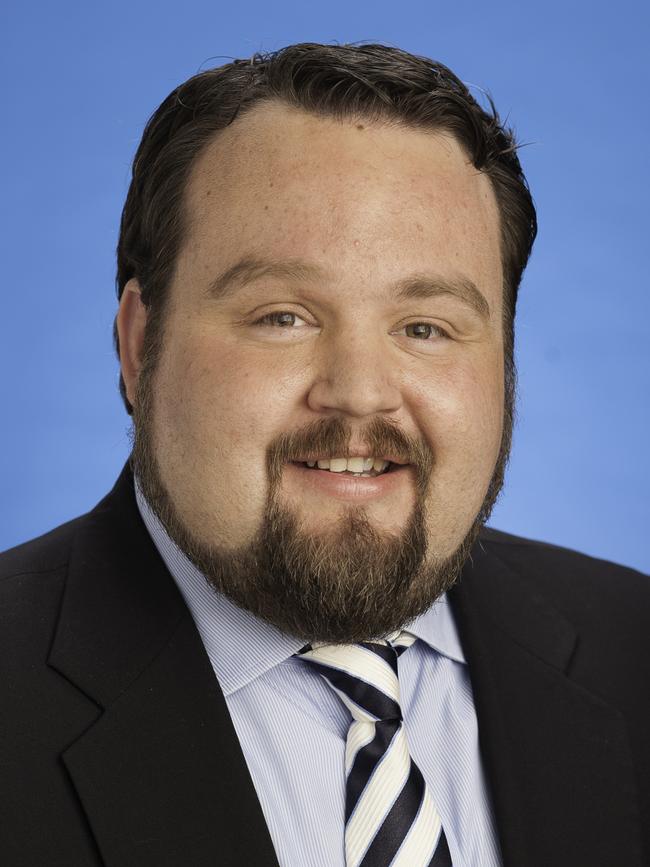
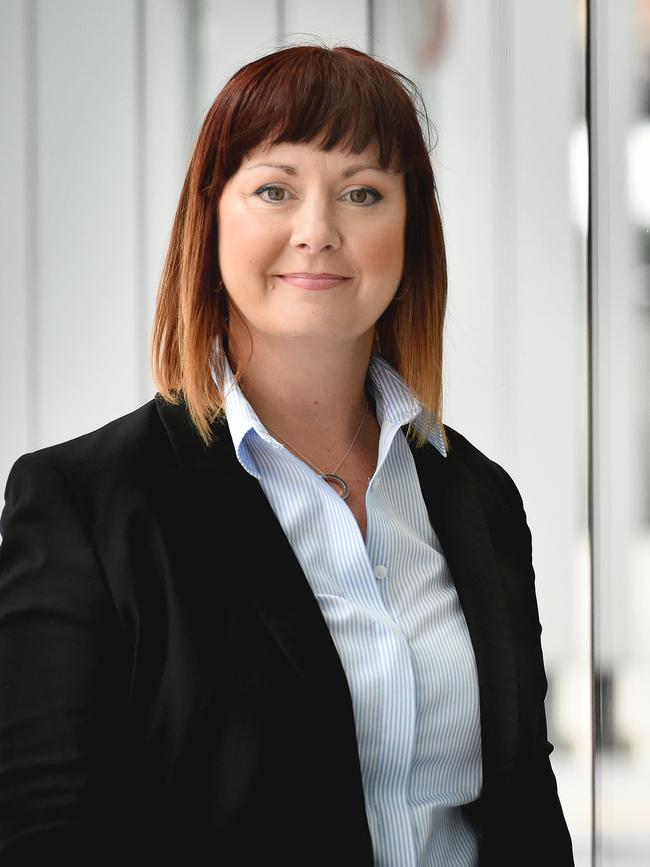
Key Liberal supporters were alienated by 2019’s land tax imbroglio, in particular, and small businesses were frustrated by Covid-19 restrictions, particularly after the Omicron wave hit last December.
One senior Liberal told The Advertiser Mr Marshall had put hoteliers Peter and Jenny Hurley – longtime party supporters and donors – “into the icebox”.
“Steven wouldn’t speak to them,” the Liberal said.
Respected Liberals privately condemned the campaign, run by state director Sascha Meldrum – a former media adviser in the Olsen government.
Meldrum, who became state director in 2015, successfully steered the 2018 campaign that put the Liberals into government after 16 years in the wilderness.
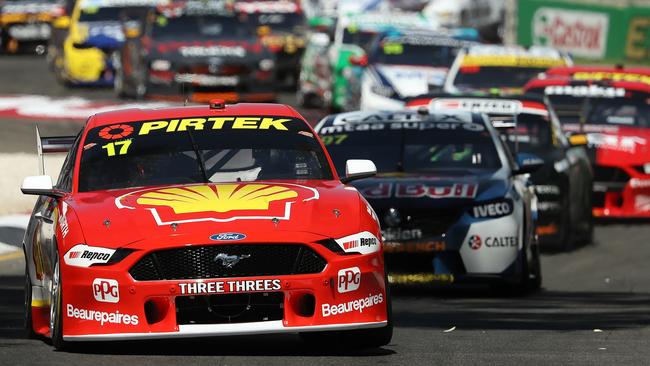
But even the state’s most senior federal Liberal, Finance Minister Simon Birmingham, was critical of the 2022 campaign just two days before polling day.
Finance Minister Simon Birmingham said Labor had been effective with a “very narrow and singular focus” on health, helped by “fairly significant backroom support” from ambulance employees, doctors and nurses unions that had “piled on”.
Other Liberals were shocked that potential election announcements, that had even been budgeted for, were held back because Treasurer Rob Lucas wanted to highlight what he was pushing as Labor’s reckless spending.
“A lot of the blame for this defeat has to be laid at the feet of Rob Lucas,’’ the Liberal said.
Labor held a campaign meeting on Teams at 7 o’clock every morning starting in mid-January. Martin and Malinauskas were on it, as well as deputy leader Susan Close and former cabinet ministers Tom Koutsantonis, Stephen Mullighan and Kyam Maher and Senator Karen Grogan.
Martin and Malinauskas are old friends. They met when Martin filled in for Malinauskas at the Shop and Distributive Allied Employees Association when the now Premier-elect took a three-month break. They travelled overseas together and even shared a house and Labor figures expect Martin to have either an official or unofficial role as an adviser to the new premier in government.
Labor figures said Martin was a steady presence during the campaign and could claim most credit for its ultimately successful strategy.
“While he is a factional player, he is not a warrior or a spear carrier. He seeks consensus. He is a very thoughtful strategist,’’ a colleague said.
For Martin, running his third campaign, the key was to keep the message and the strategy simple.
“The one thing I’ve learned is you just need to be consistent with your messaging. You need to say it a lot, you need to say it for a long time before people hear it.’’
More Coverage
